Search Fellows
Click on a Fellow below to view more information or create your own search.
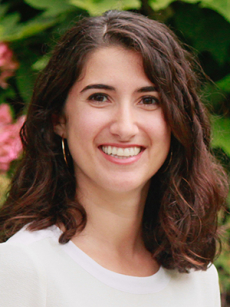
Maria Abascal
New York University
Visiting Scholar
2021 to 2022
Abascal will explore different definitions of racial and ethnic diversity and examine how recent demographic changes affect Americans’ efforts at cooperation in their communities, including how Americans address conflict. Abascal’s research will use multiple methods and data sources, including survey and administrative data as well as an original experiment, to develop new tools that measure both diversity and its impacts.
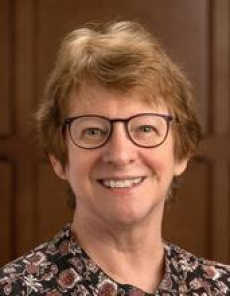
Julia Adams
University of Michigan
Visiting Scholar
2002 to 2003
Julia Adams, associate professor of sociology and the Arthur F. Thurnau Professor at the University of Michigan, will write a book on colonial governance in the East Indies between the fifteenth and eighteenth centuries. She will focus on the role of imperial intermediaries, the rulers' colonial representatives, during the first great wave of European empire in the East Indies. How and when did Europe's first "men in the Indies" come to assert their status as increasingly autonomous colonial rulers?
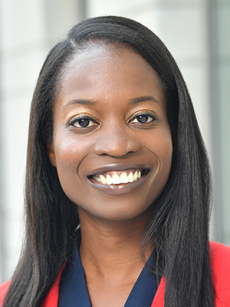
Atinuke Adediran
Fordham University
Visiting Scholar
2024 to 2025
Adediran will write a book about how large companies–often in response to societal and shareholder pressure–construct public images demonstrating their commitment to racial equity. She documents that too often companies use carefully constructed images to shield themselves from criticism about racial inequities instead of enacting corporate policies that would benefit communities of color.
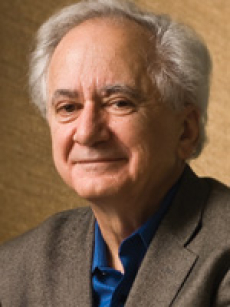
Richard D. Alba
City University of New York Graduate Center
Visiting Scholar
2014 to 2015
Alba will write a series of articles about the demographic transformation of working-age Americans and its impact on the ethnic and racial composition of the upper tiers of the workforce. The project will evaluate the nature and significance of the growing diversity in top-tier occupations such as finance.
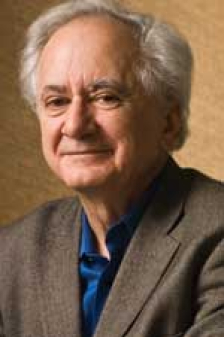
Richard D. Alba
State University of New York, Albany
Visiting Scholar
1998 to 1999
Richard D. Alba, professor of sociology and public policy at the State University of New York, Albany, will compare the adaptation of second and third generation immigrants in the United States, France, Germany, and Great Britain. In the years following World War II, varying political ideologies, economic opportunities, and citizenship laws within each nation set distinct boundaries for newcomers.
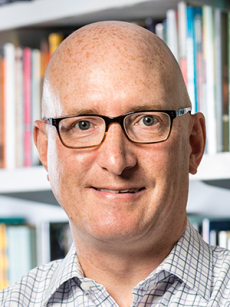
Scott W. Allard
University of Washington
Visiting Scholar
2022 to 2023
Allard will examine recent trends in poverty, mobility, and safety net provision across urban, suburban, and rural America. He will analyze geographic shifts in poverty and safety net provision in metropolitan and rural areas following the emergence of COVID-19 in 2020. He will also explore the relationship between local safety net capacity and economic mobility among low-income adults.
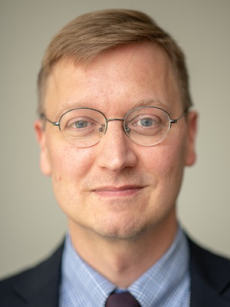
Douglas Almond
Columbia University
Visiting Scholar
2007 to 2008
Douglas Almond, Assistant Professor of Economics at Columbia University, will investigate the effect of early health on adult health and socioeconomic outcomes among African Americans. He will draw on his previous research on the long-term and intergenerational effects of two 1960s public policy health initiatives – the food stamps program and hospital desegregation – to determine whether and how such programs benefit people in the long run.
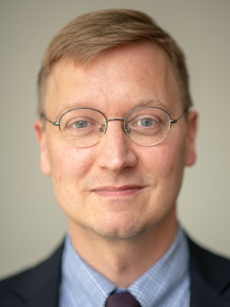
Douglas Almond
Columbia University
Visiting Scholar
2020 to 2021
Almond will use data from the Census Longitudinal Employer-Household Dynamics (LEHD) file to examine how childbirth affects women’s employment and earnings. Gender gaps in the labor market increasingly result from the different ways parenthood affects women’s and men’s careers.
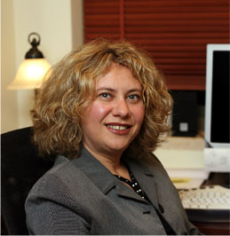
Sigal Alon
Tel Aviv University
Visiting Scholar
2012 to 2013
Alon will write a book evaluating class-based affirmative action. Using data from the United States, four Israeli universities, and simulated models, Alon will compare race- and class-based affirmative action policies and assess their effects on diversity and on the socioeconomic mobility of disadvantaged groups.
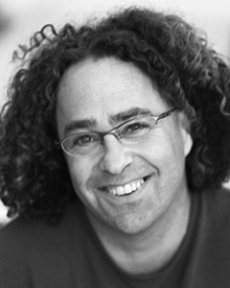
Edwin Amenta
University of California, Irvine
Visiting Scholar
2018 to 2019
Amenta and Francesca Polletta will study the ways in which social movements have transformed culture and everyday life. Drawing from interviews, public polls, and media coverage of social movements such as the civil rights movement, gay and lesbian activism, movements around abortion, and anti-tax and anti-welfare movements, they will examine movements’ impact on public opinion, institutions such as medicine and higher education, and the cultural assumptions guiding policymakers.
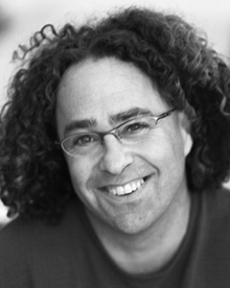
Edwin Amenta
New York University
Visiting Scholar
2000 to 2001
Edwin Amenta, associate professor of sociology at New York University, will study radical movements of the 1930s, such as the Townsend Movement, which proposed cash benefits for workers willing to retire in order to open up jobs for younger workers. Amenta will develop a general framework for analyzing the impact of social movements that seek to influence government policy.
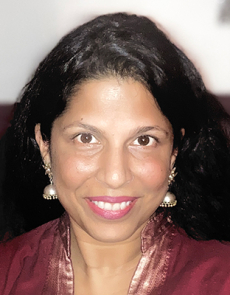
Sareeta Amrute
University of Washington
Visiting Scholar
2021 to 2022
Amrute will investigate how Asian Americans and Asian immigrant community organizations build solidarity both within their groups and with other communities involved in racial and social justice organizing. She will pay particular attention to how the Movement for Black Lives, violence against Asian communities during the COVID-19 pandemic, and transnational movements for healthcare, for farmers’ and workers’ rights, and against caste discrimination are woven through shared narratives of dissent.
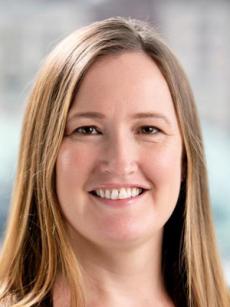
Elizabeth Ananat
Barnard College
Visiting Scholar
2022 to 2023
Ananat will analyze survey data from over 1,000 low-wage service workers with young children to understand their experiences during the COVID-19 pandemic. She will explore job and income changes, material hardships, and support from established and pandemic-specific government programs.
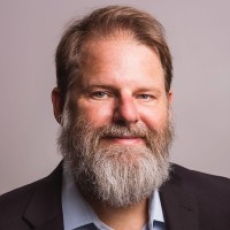
Kenneth T. Andrews
University of North Carolina, Chapel Hill
Visiting Scholar
2003 to 2004
Kenneth T. Andrews, professor of sociology at the University of North Carolina, Chapel Hill, will write a book on local and state environmental groups and the social, political, and economic factors that influence them. Combining qualitative and quantitative strategies, Andrews will interview environmental groups and examine media coverage on environmental matters to determine the exact role played by these groups in both public debates and state action.
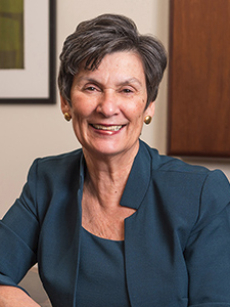
Toni C. Antonucci
University of Michigan
Visiting Scholar
2016 to 2017
Antonucci will work on a book that examines how social relations and personal networks affect the health outcomes of disadvantaged groups. Drawing from over two decades of interviews with individuals in the Detroit area, she will analyze their social relationships in depth, including the structure and quality of those relationships, their stability or change over time, and their role in either offsetting or exacerbating the negative effects of stress—especially financial or economic stress—on their health and well-being.
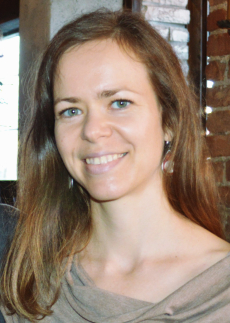
Sofya Aptekar
University of Massachusetts, Boston
Visiting Scholar
2019 to 2020
Aptekar and Amy Hsin will examine the extent to which lack of legal status affects the lives of undocumented youth attending colleges in the City University of New York (CUNY) system. Drawing from administrative data and interviews with students, they will study differences in educational and employment trajectories, family dynamics, and other outcomes among undocumented youth from Latin America, the Caribbean, Africa, and Asia.
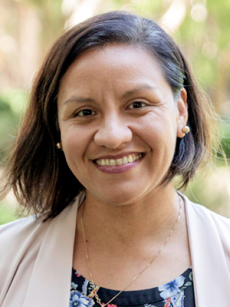
Amada Armenta
University of California, Los Angeles
Visiting Scholar
2021 to 2022
Armenta will work on a book analyzing the experiences of undocumented Mexican immigrants in Philadelphia. She will focus on immigrants’ legal attitudes across various domains, focusing on how immigrants understand and make decisions about migration, driving, working, calling the police, securing identification, and paying taxes.
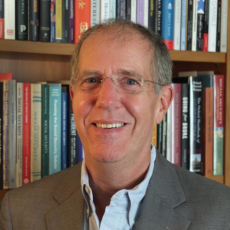
R. Douglas Arnold
Princeton University
Visiting Scholar
1995 to 1996
R. Douglas Arnold, professor of politics and public affairs at the Woodrow Wilson School, Princeton University, worked on a book that will provide the first systematic account of how local newspapers cover the activities of members of Congress. He selected a random sample of twenty-five newspapers, whose contents are available through computerized searching, and twenty-five congressional representatives, collecting more than 9,000 items about their actions for analysis. He drafted five chapters of a book to be titled Congress, the Press, and Political Accountability.
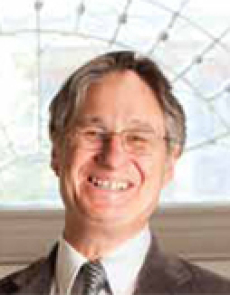
Robert A. Aronowitz
University of Pennsylvania
Visiting Scholar
2011 to 2012
Aronowitz will write a social history of the ways doctors, patients, and others have decided the effectiveness of medical interventions, such as drugs or surgery. He will analyze a series of therapeutic and preventive case studies from the nineteenth century to the present, including cervical and prostate cancer screening and Lyme disease vaccines, in an effort to connect efficacy judgments made at different levels—in the production of medical knowledge, in clinical practice, and among individual consumers.
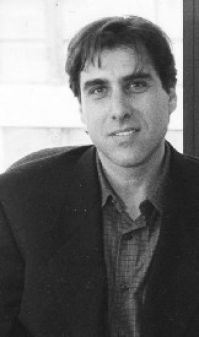
Joshua Aronson
New York University
Visiting Scholar
2004 to 2005
Joshua Aronson, Associate Professor of Applied Psychology at New York University, will write a book profiling how anxieties triggered by negative stereotypes can impair the intellectual test performance of female and black students. He will examine the effectiveness of intervention strategies that seek to help children from stigmatized groups overcome these negative stereotype effects. Aronson will also co-edit a book with Stanford psychologist Claude Steele about narrowing the educational achievement gap between black and white students.
